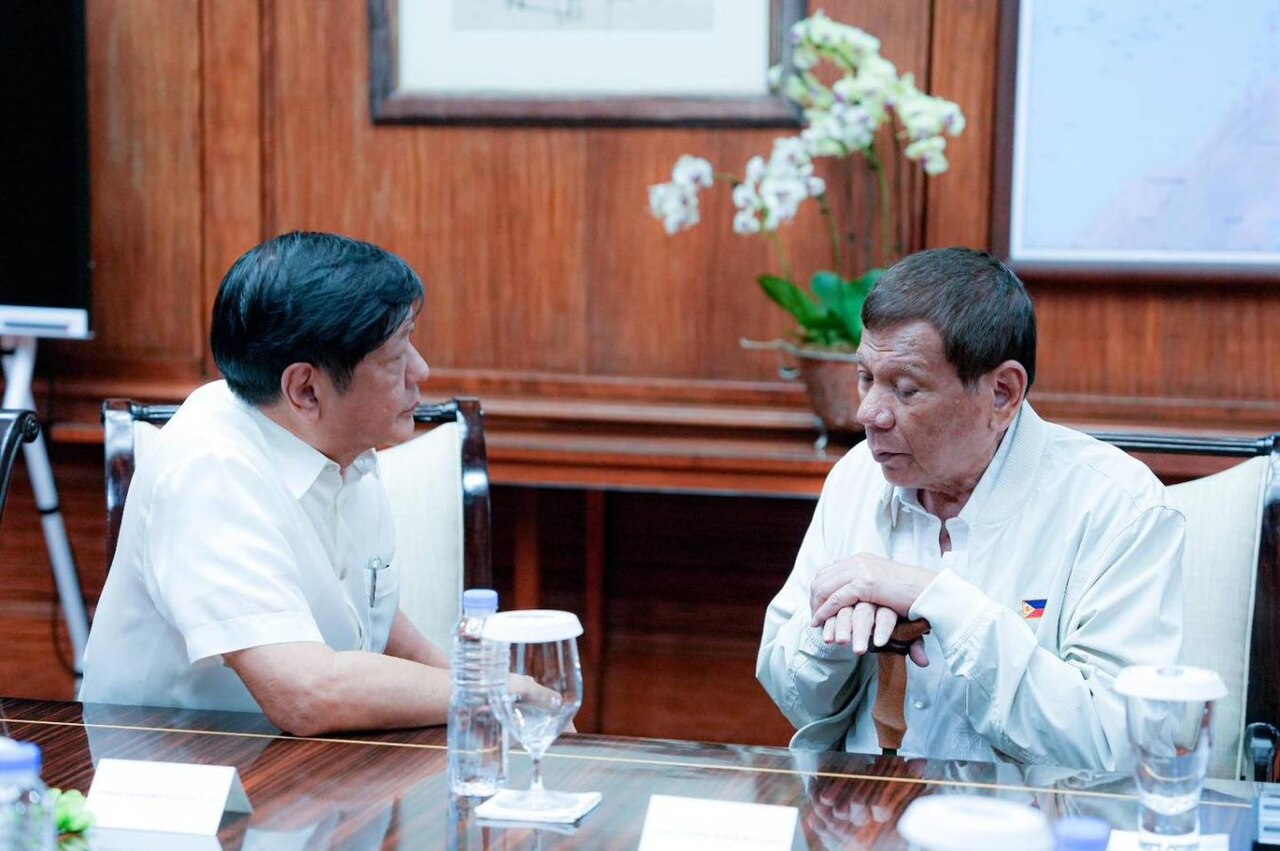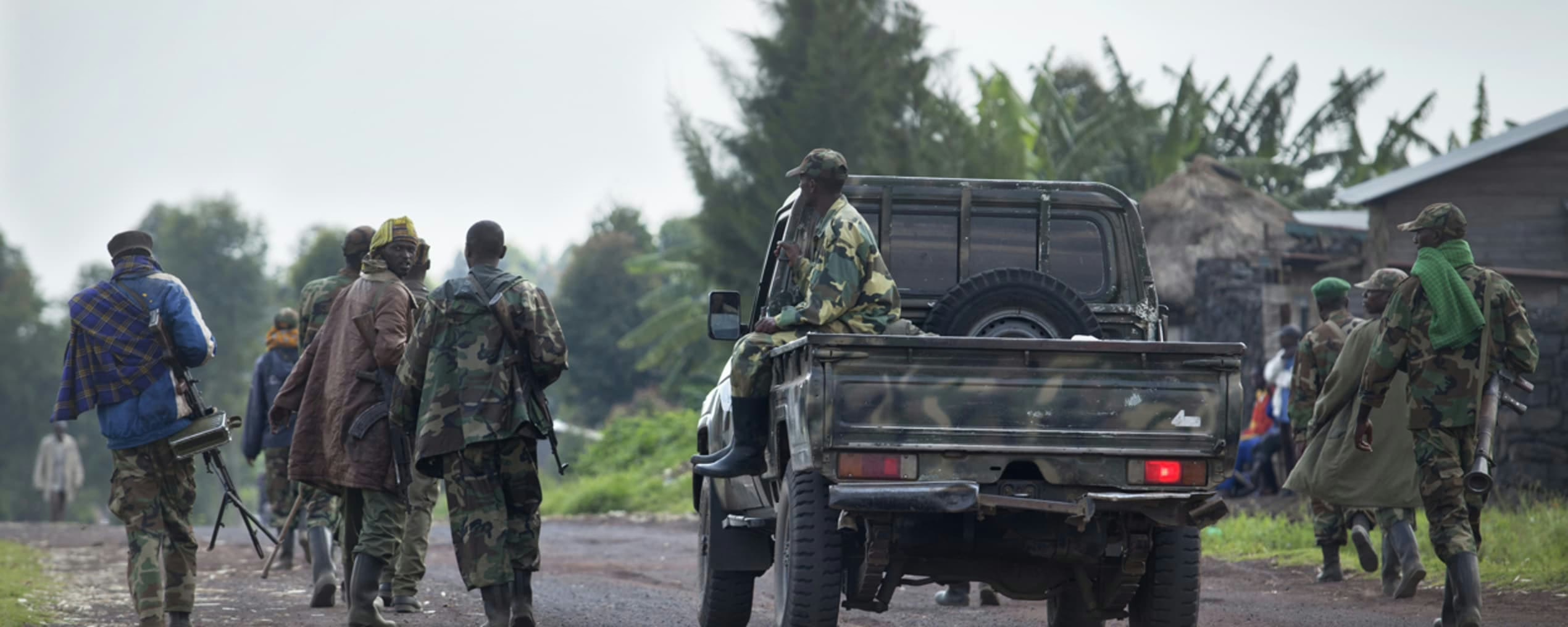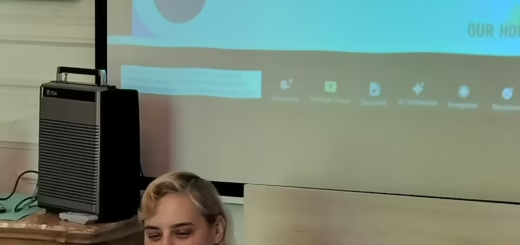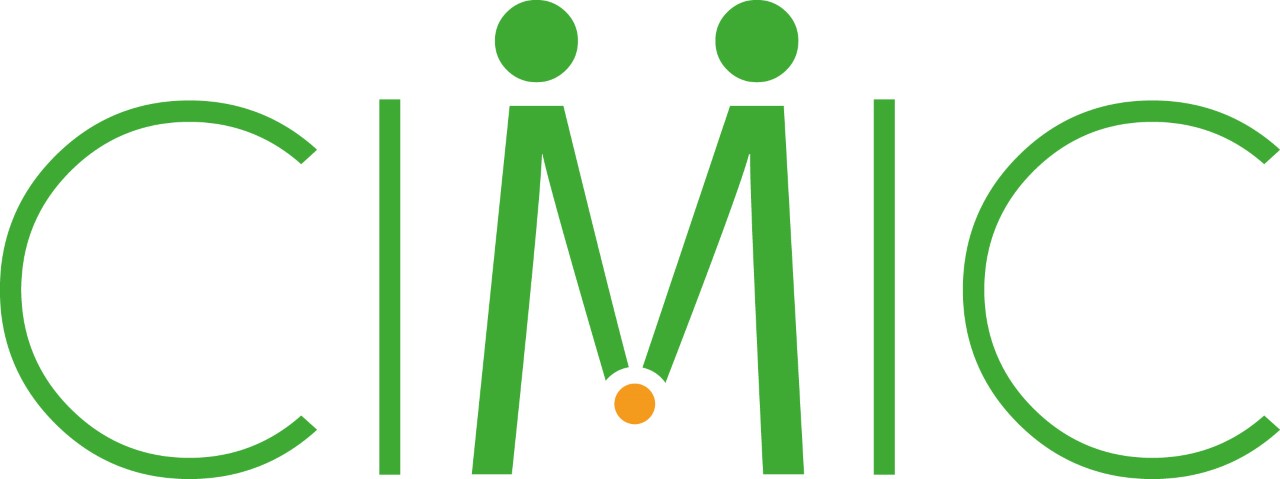Arrestatie van ex-Filipijns president Duterte: een historisch keerpunt in de strijd tegen straffeloosheid
Op 11 maart 2025 werd voormalig Filipijns president Rodrigo Duterte (79) gearresteerd op de luchthaven van Manilla. Duterte, die terugkeerde van een campagnebezoek aan Hongkong voor de tussentijdse verkiezingen van 12 mei, werd aangehouden op verzoek van het Internationaal Strafhof (ICC) in Den Haag. Hij wordt verdacht van misdaden tegen de menselijkheid in het kader van zijn beruchte ‘oorlog tegen drugs’.
Duterte kwam in 2016 aan de macht en lanceerde meteen een meedogenloze campagne tegen drugscriminaliteit. Mensenrechtenorganisaties schatten dat deze ‘war on drugs’ tienduizenden levens heeft geëist, waaronder ook die van kinderen. De slachtoffers waren vaak afkomstig uit de meest kwetsbare gemeenschappen, en werden zonder eerlijk proces of enig tastbaar bewijs geëxecuteerd.
Een bloedige erfenis
Niet alleen vermeende drugsgebruikers en -handelaars waren het doelwit van Dutertes beleid. Ook journalisten, activisten en mensenrechtenorganisaties ondervonden zware repressie.
Kritische NGO’s en media werden geïntimideerd of medewerkers werden gearresteerd. Journalisten zoals Nobelprijswinnaar Maria Ressa werden juridisch vervolgd, en een van de grootste mediakanalen van het land werd zelfs gesloten. Op deze manier werden mensen die opkwamen voor mensenrechten het zwijgen opgelegd.
Een belangrijke stap naar gerechtigheid
De arrestatie van Duterte is een cruciale mijlpaal in de strijd tegen straffeloosheid. “Dit is een belangrijk moment,” zegt Kris Vanslambrouck, Azië-expert bij 11.11.11. “Het is een duidelijk signaal dat ook voormalige leiders zich niet kunnen blijven verschuilen achter hun politieke macht.”

Het is een goede zaak als Duterte zich voor de rechter in Den Haag moet verantwoorden voor de gruweldaden die tijdens zijn bewind zijn gepleegd. Tienduizenden slachtoffers en hun families verdienen gerechtigheid.
Voor nabestaanden zoals Rosalina Cabas betekent de arrestatie van Duterte eindelijk hoop. Haar zoon Nono (23) werd in 2018 door de politie geëxecuteerd. “Ze noemden het een ‘legitieme operatie’, maar er was geen enkel bewijs. Daarna werd mijn familie geïntimideerd om te zwijgen”, vertelt ze.
Ondanks alle risico’s gaven ze de strijd om gerechtigheid nooit op. Samen met PAHRA, een brede alliantie van mensenrechtenorganisaties en partner van 11.11.11, blijven ze strijden tegen de straffeloosheid en voor gerechtigheid.
“Wij eisen gerechtigheid voor Nono en voor alle andere slachtoffers van buitengerechtelijke executies.”
Egay Cabalitan, voorzitter van 11.11.11-partner PAHRA, benadrukt dat de arrestatie een keerpunt vormt: “De dagen van machtsmisbruik zijn voorbij. Geen macht meer, geen immuniteit meer, geen ontsnappen meer aan gerechtigheid.”
Oproep tot verdere vervolging
Mensenrechtenorganisaties benadrukken dat gerechtigheid niet alleen bij Duterte zelf mag stoppen. PAHRA roept op tot vervolging van zijn entourage: “Zijn bewind draaide niet op eigen kracht. Wie zijn misdaden beschermde, uitvoerde of goedpraatte, moet evenzeer verantwoording afleggen.”
Ondertussen blijft 11.11.11 zich samen met organisaties als PAHRA inzetten om slachtoffers van mensenrechtenschendingen te ondersteunen. In een klimaat van intimidatie en repressie blijft hun werk van essentieel belang.
Ze documenteren misdaden, sensibiliseren de publieke opinie, en bieden slachtoffers en hun families hulp via een speciale hotline. Zo worden families begeleid in hun zoektocht naar gerechtigheid.
De komende maanden zal blijken hoe het juridische proces tegen de voormalige Filipijnse leider zich verder ontwikkelt.
Kris Vanslambrouck
Kris Vanslambrouck is Azië-coördinator bij 11.11.11.
Deze tekst werd op 12 maart 2025 gepubliceerd op de website van 11.11.11: https://11.be/expert/arrestatie-van-ex-filipijns-president-duterte-een-historisch-keerpunt-de-strijd-tegen
Philippines: Ex-President Duterte to Appear Before ICC
International Criminal Court (ICC) proceedings against former Philippine President Rodrigo Duterte are a milestone in the quest for justice for the victims of extrajudicial killings during the Philippines’ abusive ‘war on drugs’, Human Rights Watch said. Duterte made his initial appearance before the court on March 14, 2025, at 2 p.m.
Philippine authorities, acting on an arrest warrant that the ICC issued and sent to Interpol, arrested Duterte in Manila on March 11. He was flown to The Netherlands the same day and surrendered to the custody of the ICC on March 12.
“Duterte’s appearance before the ICC is a testament to the courage and determination of the victims, their families, and Filipino activists and journalists to pursue justice no matter how long it takes,” said Bryony Lau, deputy Asia director at Human Rights Watch.
“Other leaders facing ICC arrest warrants, like Vladimir Putin and Benjamin Netanyahu, should take note that even those who seem untouchable today can end up in The Hague.”
Duterte is alleged to be responsible for the crime against humanity of murder in relation to extrajudicial killings committed between November 1, 2011, and March 16, 2019, during his years as mayor of Davao City and the nationwide ‘war on drugs’ after he became president in 2016.
During his first appearance before the court, under ICC procedures, a panel of ICC judges will confirm Duterte’s identity, and he will be informed of the charges against him as well as his rights before the court.
The scale of the ‘drug war’ killings prompted the former ICC prosecutor, Fatou Bensouda, to open a preliminary examination into the situation in the Philippines in February 2018.
In March 2018, Duterte withdrew the Philippines from the ICC, which took effect one year later. However, the ICC’s founding treaty, the Rome Statute, permits the court to retain its jurisdiction over crimes committed prior to withdrawal.
ICC judges authorized the opening of a formal investigation in September 2021, and the Philippine government unsuccessfully challenged the court’s jurisdiction over the alleged offenses.
For more Human Rights Watch reporting on the Philippines, please visit: https://www.hrw.org/asia/philippines
For more Human Rights Watch reporting on the ICC, please visit: https://www.hrw.org/topic/international-justice/international-criminal-court
Ex-president Duterte Arrested on ICC Warrant, Charged with Crimes Against Humanity in Abusive ‘Drug War’
The arrest of former Philippine President Rodrigo Duterte and his transfer to the International Criminal Court (ICC) in The Hague is a historic step toward justice, Human Rights Watch said on March 12, 2025.
On March 11, 2025, Philippine authorities acting on an arrest warrant that the ICC issued and sent to Interpol, arrested Duterte in Manila. The ICC sought Duterte’s arrest on a crimes against humanity charge in relation to alleged extrajudicial killings occurring between 2011 and 2019.
President Ferdinand Marcos Jr. confirmed that an aircraft carrying Duterte to The Hague left Manila’s Ninoy Aquino International Airport at 11:03 p.m.
“Former President Duterte’s arrest and transfer to The Hague is a long-overdue victory against impunity that could bring victims and their families a step closer to justice,” said Bryony Lau, deputy Asia director at Human Rights Watch.
“This momentous event sends a message to human rights abusers everywhere that one day they could be held to account.”
The arrest warrant against Duterte contains allegations about extrajudicial killings during his years as mayor of Davao City, and the brutal nationwide ’war on drugs’ after he became president in 2016.
According to official police statistics, more than 6,000 Filipinos were killed in the ‘drug war’, mostly impoverished people in urban areas. Human rights groups in the Philippines contend the number is more than 30,000 people. Many children were among those killed or suffered from the harmful consequences of Duterte’s anti-drug campaign.
Officers of the Philippine National Police or their agents raided homes at night without warrants, arresting and then executing suspects, and frequently planting evidence to justify their acts.
A very small number of the thousands of cases have been investigated or prosecuted, with only four cases resulting in convictions, all of low-ranking police officers for extrajudicial killings.
The widespread violence prompted the ICC’s Office of the Prosecutor to open a preliminary examination into the situation in the Philippines, leading then-President Duterte to withdraw the Philippines from the ICC’s founding treaty, the Rome Statute, in March 2018.
The withdrawal took effect one year later. Under the Rome Statute, the ICC retains jurisdiction over crimes committed prior to withdrawal. Former ICC prosecutor Fatou Bensouda announced the opening of a formal investigation in 2021.
In recent years, the Philippine government has shifted its position on the ICC investigation. Initially, the Marcos administration, which took office in 2022, challenged the court’s jurisdiction over the alleged offenses. After a political falling out between the Marcos and Duterte camps in 2024, the Marcos administration toned down its rhetoric on the ICC and stated in November that it would work with Interpol, the international criminal police organization, if an arrest warrant were issued.
At a time when the ICC itself is under attack by some governments, most recently by US President Donald Trump’s decision to sanction the court’s prosecutor, the arrest of Duterte and his transfer to The Hague affirms the court’s relevance and underscores its significance in ensuring accountability for grave crimes, Human Rights Watch said.
President Marcos should now take further steps to address continuing human rights violations in the Philippines, including more recent extrajudicial killings and attacks against activists and civil society groups.
The Philippine government should also rejoin the ICC, a step that an increasing number of Filipinos support.
“President Marcos has begun to chip away at the longstanding impunity for drug-related killings in the Philippines,” Lau said.
“He should follow through by rescinding Duterte’s orders that unleashed the ‘war on drugs,’ and prioritize comprehensive reforms of the Philippines police.”
Dit stuk verscheen op 12 maart 2025 op de website van Human Rights Watch (HRW): https://www.hrw.org/news/2025/03/12/philippines-duterte-arrested-icc-warrant
Lees verder (inhoud maart 2025)



